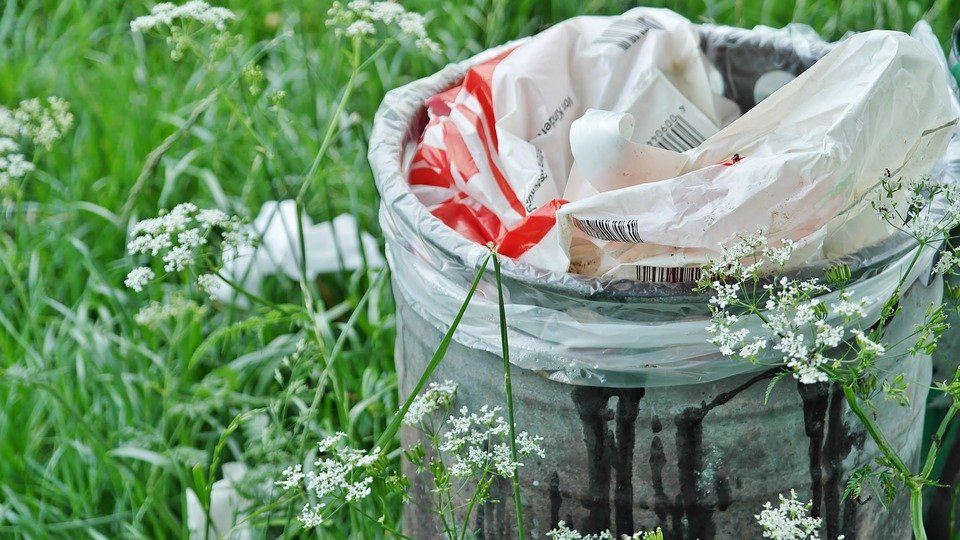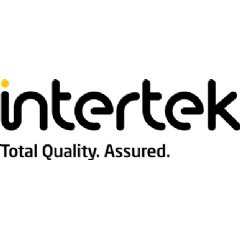Thursday, 13 November 2025
A breakthrough waste recycling technology, CreaSolv unveiled by Unilever
Unilever is creating a pilot plant for a radical recycling process that could address the billions of plastic sachets produced by a wide range of industries. As part of Unilever’s…

Unilever is creating a pilot plant for a radical recycling process that could address the billions of plastic sachets produced by a wide range of industries.
As part of Unilever’s pledge to ensure all of its plastic packaging is fully reusable, recyclable or compostable by 2025, the company has announced CreaSolv process that will use the plastic of sachets and will create new ones for the Unilever products.
According to reports, Unilever will open a pilot plant in Indonesia, a country which produces 64 million tonnes of waste every year to test the long term commercial viability of the technology. Developed with the Fraunhofer Institute for Process Engineering and Packaging IVV in Germany, the technology has been adapted from a method used to separate brominated flame retardants from waste electrical and electronic equipment polymers.
“Billions of sachets are used once and just thrown away, all over the world, ending up in landfill or in our waterways and oceans,” said David Blanchard, chief R&D officer. “There is a clear economic case for delivering this. We know that globally US$80-120 billion is lost to the economy through failing to properly recycle plastics each year,” he said.
The company intends to open source CreaSolv to scale the technology so other industries can use it.
“We believe that our commitment to making 100% of our packaging recyclable, reusable or compostable will support the long-term growth of our business. We intend to make this tech open source and would hope to scale the technology with industry partners, so others – including our competitors – can use it,” he further added.
“The recycled resin we produce can of course be used by anyone, not just Unilever. And the waste sachets we use won’t just come from our products – they’ll be a mix of all the sachets discarded by consumers, whether those were made by us or by our competitors,” said Jochen Neubauer, global capability leader of Flexible Materials at Unilever in a press release.
“Since the problem is a shared one, we think the solution should be shared too. We want to make the technology we have developed open source, so that others, including our competitors, can use it. In fact, we’d like to invite them to join us in scaling it up, and in building a recycling infrastructure for sachet collection that supports the process. Unilever cannot solve the issue of plastic waste on our own – but along with others – we can build a system that will help in reducing the plastic waste that blights our shared landscapes and oceans,” he further added.
Several brands are rethinking their packaging after the reports that oceans could contain more plastic than fish by 2050, have come out. Multinational company Johnson & Johnson stopped selling plastic cotton buds following a campaign to cut marine pollution and started using paper instead to make the stick of buds. The Co-op in a bid to reduce landfill waste introduced a new recyclable packaging for pizza several weeks ago.
While the developments like these represent a step forward in curbing pollution, plastic waste is still a multi-faceted challenge and requires continuous innovation to create a circular economy model. Unilever said that the company will continue its work with Ellen Mac Arthur Foundation’s New Plastic Economy initiative and will continue looking for additional solutions.
Technology
Tetra Pak opens Product Development Centre in France
Nov 13, 2025 | Company News
MENU ORDER AI to launch app aimed at GLP-1 users and health-conscious diners
Nov 10, 2025 | Company News
Harnessing Quantum AI for Greener Minds and Healthier Futures
Nov 10, 2025 | Interaction
Food Testing
Intertek acquires Costa Rican testing business Suplilab
Nov 07, 2025 | Company News
Thermo Fisher Scientific launches Orbitrap mass detector for food safety testing
Oct 24, 2025 | Company News
ADM advances quality capabilities with opening of new Central Milling Laboratory
Oct 16, 2025 | Company News
More Popular
Syren Spreads launches spoonable adaptogenic beauty chocolate
Nov 13, 2025 | Company News
Gunpowder Irish Gin expands with new Italian Fig & Laurel Expression
Nov 13, 2025 | Beverages
8 winter foods that transform your skin by healing your gut first
Nov 13, 2025 | Beverages






